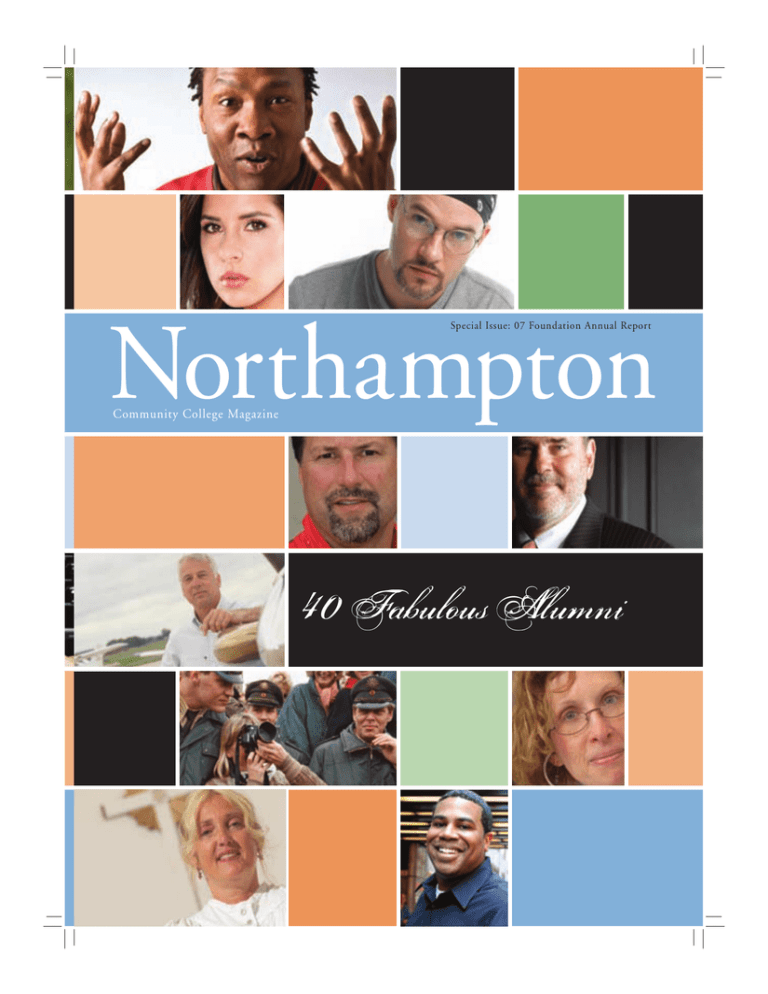

The writer does not hesitate to praise where it is deserved and is an admirer of Adams' previous operas, but doesn't hesitate to point out flaws in this latest work. Bloated, repetitive, self-righteous and dull, this commission by the San Francisco Opera (in partnership with the Dallas Opera and Dutch National Opera, Amsterdam) represents a miscalculation of astonishing dimensions. That pretty much sums up the experience of “Girls of the Golden West,” the operatic tofurkey from composer John Adams and librettist-director Peter Sellars that had its world premiere on Tuesday, Nov. Sometimes the tales trail off entirely sometimes they’re interrupted by impassioned howls of outrage at some real or perceived injustice.įinally he falls asleep, his face in the cranberry sauce. Imagine being on the receiving end of a Thanksgiving dinner monologue by a veteran of an earlier era - let’s say Grandpa Abe from “The Simpsons.” His stories about life in the old days meander on and on, full of nebulous detail and the occasional sense memory, often without arriving at a point. So this review by Joshua Kosman of the new John Adams opera is worth a read: Is it like compelling you to suddenly prefer Olivier Messiaen to Justin Bieber? Or is it more like encouraging you to like a Katy Perry song more than a Taylor Swift song?Īs my readers know I am rather a fan of the no-holds-barred critical review because it is usually a nice antidote to the usual fare in the mass media which is little more than a publicity puff-piece.

But one wonders what they mean by changing people's taste in music. The original study is not accessible without a subscription. Other studies of this kind gave enough detail to enable some sort of critique, but here all we have are the bland claims. When the scientists used ‘excitatory’ stimulation on the target brain region, the participants reported that they liked the music they were listening to more, and when ‘inhibitory’ stimulation was used they liked it less.

Other studies have show that pleasurable music engages reward circuits in the brain.īut this is the first time anyone has manipulated this circuitry to change the way people think.

Previous brain imaging studies have demonstrated that stimulation of this region leads to the release of a substance called dopamine, which acts as a chemical 'reward'. The circuitry in question is found in a part of the brain called the left dorsolateral prefrontal cortex. Unfortunately, the account lacks the detail to find out exactly what they did and what the results were: The Independent has a report on the latest: Scientists zapped people’s brains with magnetic pulses and it changed their taste in music. One of the most important centers for neurological research, and specifically into how the brain processes music, is located at my old alma mater, McGill University in Montreal.


 0 kommentar(er)
0 kommentar(er)
